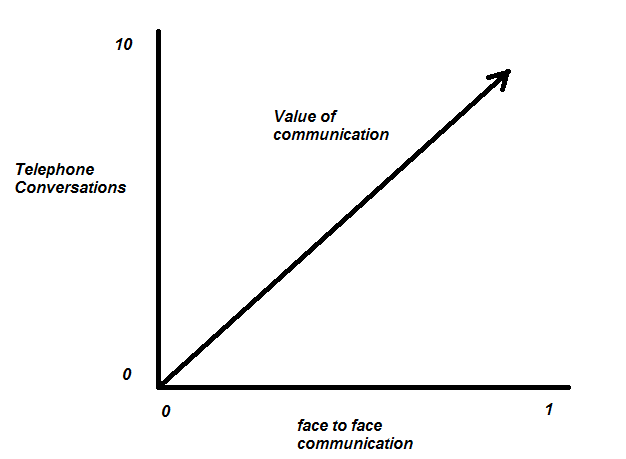Okay, I’m adding a Recruiter to my team. At hru-tech.com, we do mostly engineering and IT contract recruiting, some direct placement recruiting and some project RPO work for clients around the country.
I would put my team up against anyone. They’re that good, and most are homegrown! That’s right, the majority of our staff came in entry level and we smacked off that new car smell like an old bag of Taco Bell that’s been sitting in your back seat for three weeks in the summer.
I started looking around and getting the word out a couple days ago. You would think it would be easy. I don’t really ask for a lot, but I sure know it when I ‘hear’ it! Recruiting is a pretty good gig. It’s transferable. I’ve worked in 5 different states, 4 different industries and my recruiting skills I can take with me anywhere. It’s the one thing I can guarantee you if you come work for me. You’ll always be able to find a job and make money. Every economy needs good recruiters.
The pay is way better than your normal crappy sales jobs selling cell phones or renting cars to people that bring in their phone bill and a report card. The hours are pretty good. No weekends. A few nights here and there. You get to interact with a great group of people. The latest and greatest recruiting tools.
What’s crazy to me is how hard it is to find people who want to do this job, and that can be good at it! I like for people to have a four-year degree. The actual degree isn’t as important, as the process of gaining that degree. I find those who worked their way through college, tend to be better recruiters. Bartenders might be the best previous job if I was forced to pick one. Any kind of job that had you on the phone talking to people would be second.
There’s also a need for people who don’t freak out when they are held accountable for results. That eliminates most people who want to work in government or big companies. My recruiters don’t sit around and wait to get paid. So, self-motivation is important, as long as it’s targeted in the right direction.
Work-life balance is really important to me. Hold on, let me define work-life balance. Work-life balance is when you do enough work that I pay you so you can have things and do things you want to do. It’s not you doing whatever you want at any time you feel. That’s not balance. Balance means equal both ways, work and life.
We aren’t saving the world. For some people that’s really important. We do find people some really, really good jobs. Some people find that cool and rewarding.
I care about you as a person, and I want to see you be wildly successful. I’ll treat you like family. The family that you actually like, not the ones you try to forget about.
The position is in Lansing, MI. No, you can’t work remote or virtual or on a boat, unless the boat is in the parking lot of our building, then you can work on a boat.
So, if you’re interested send me a note – sackett.tim@hru-tech.com.
If you are interested, and I don’t think you’re a fit, I will actually tell you why I don’t think you’re fit. Some people like that. Some people think they’ll like that. Some people don’t like that at all!


